
WBC 2020 | Finalists
March 9, 2020 — Projects & Programs

Wellbeing Cities Award 2020 – Meet our 20 Finalists
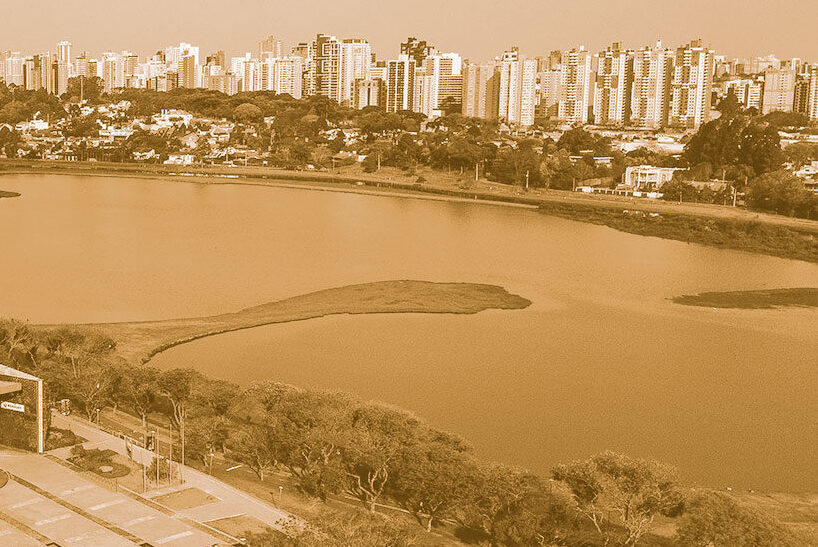
Curitiba, Brazil
Project: Vale do Pinhão
Bogotá’s initiative The Vale do Pinhão initiative is an ecosystem of innovative programs that promote urban requalification and cultivate sustainable economic growth. By incorporating partners of different sectors and across subsections of Curitiba, the project affects citizens’ lives at various entry points and embeds innovative practices into the economic fabric of the City.
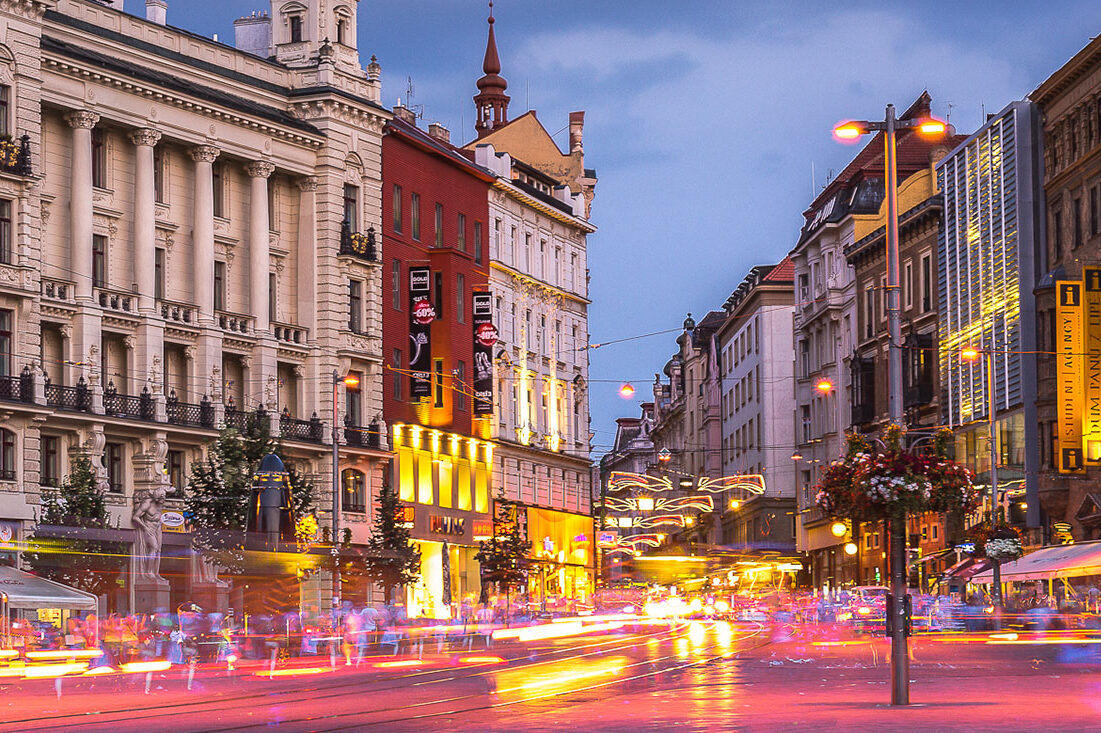
Brno, Czech Republic
Project: Days of Electron Microscopy
The Days of Electron Microscopy are a city-wide event dedicated to raising interest in the local electron microscopy industry and in technical and natural science among young people. The project offers residents the opportunity to learn about electron microscopy through industry visits, laboratory tours, family workshops, lectures, films, and exhibitions.
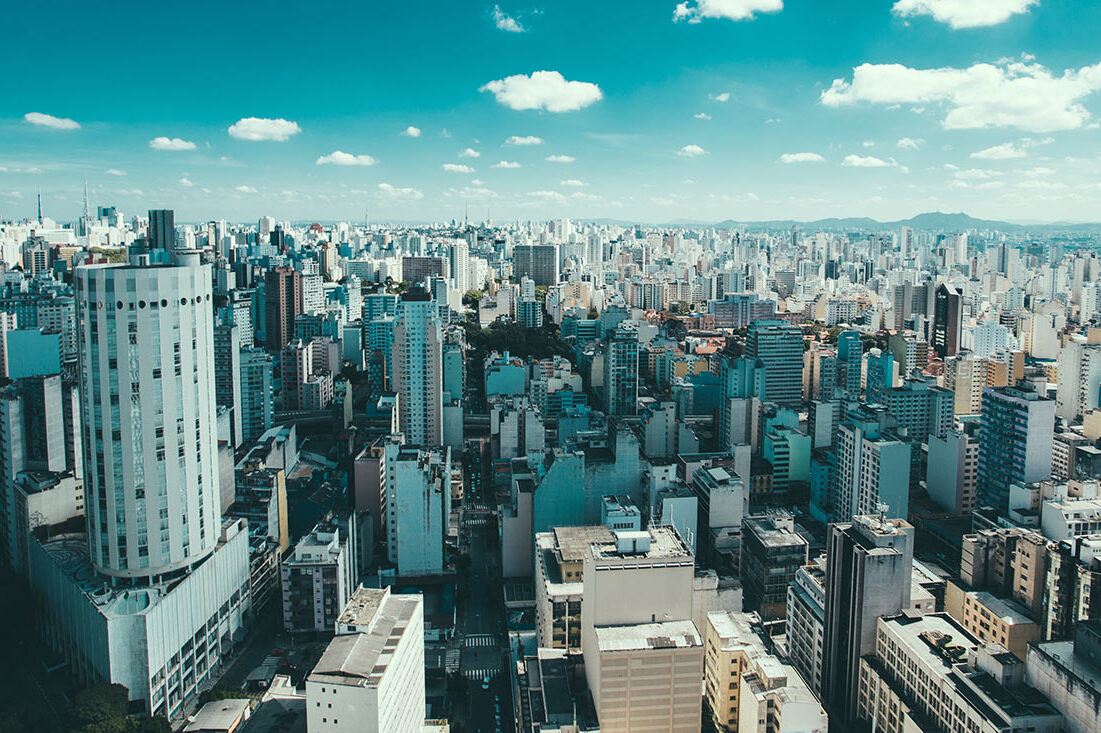
Fortaleza, Brazil
Project: Competitive Fortaleza Program
The Competitive Fortaleza Program supports the emergence of local businesses by creating a favorable environment for investors and citizens to overcome the challenges of maintaining and generating new endeavors in Fortaleza. The Program promotes public-private partnership, de-bureaucratization, and incentives to encourage local entrepreneurship.
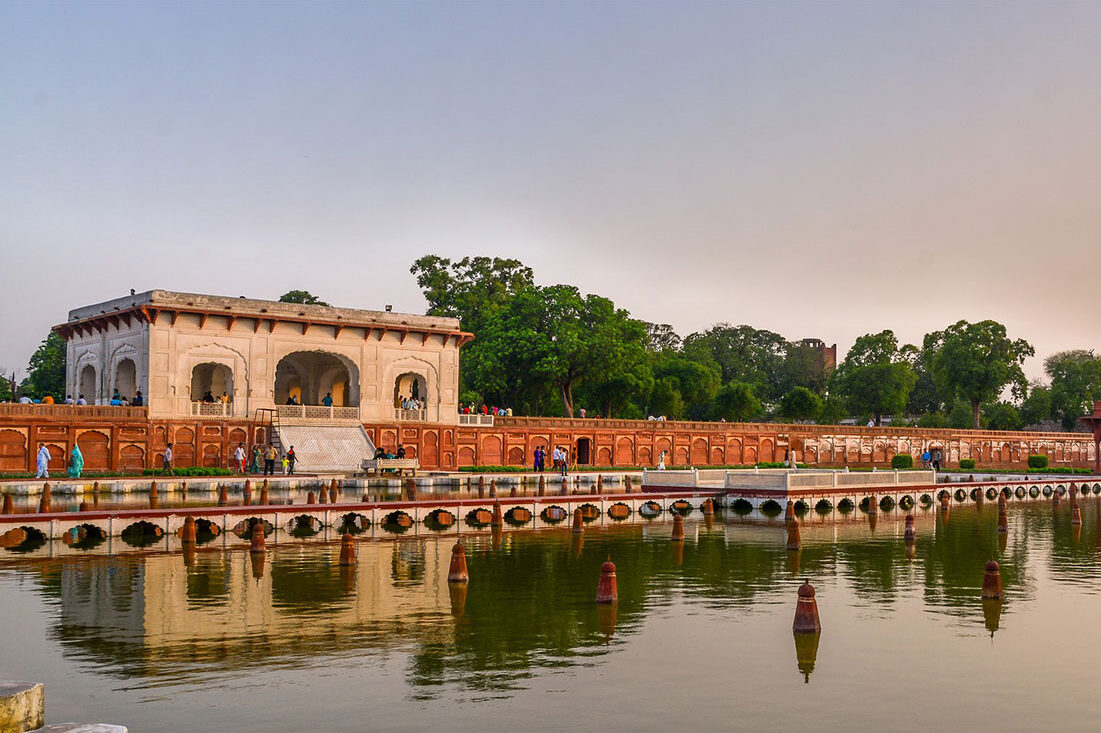
Lahore, Pakistan
Project: 2050 Master Plan of Lahore
The 2050 Master Plan of Lahore, aims to monitor Lahore’s rapid growth and promote polycentric development of new small urban and rural settlements. The Master Plan aims to promote alternative growth and build new sustainable and well-served urban centers across the city.
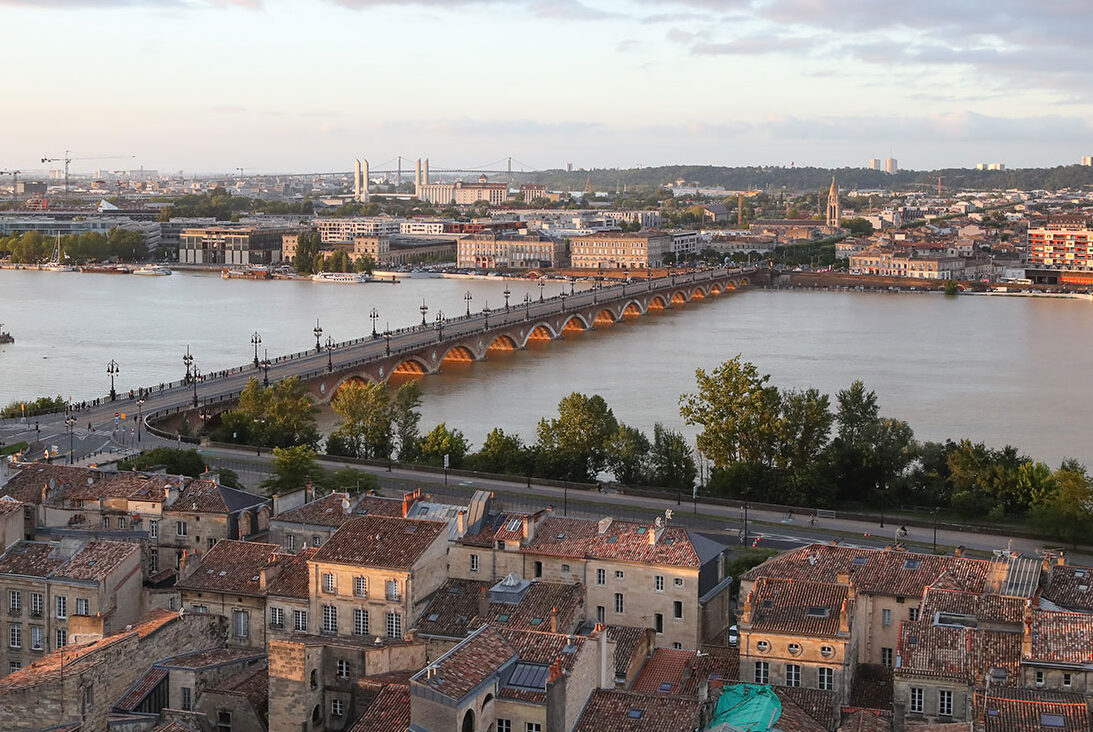
Bordeaux, France
Project: Sustainable Participatory Budget
The city’s sustainable participatory budget empowers residents to have a say in how the City addresses climate change, the digital revolution, changing demographics, financing strategies, and territorial reform. The initiative promotes active civic engagement and inspires collective participation from all residents in budgetary and decision-making processes.
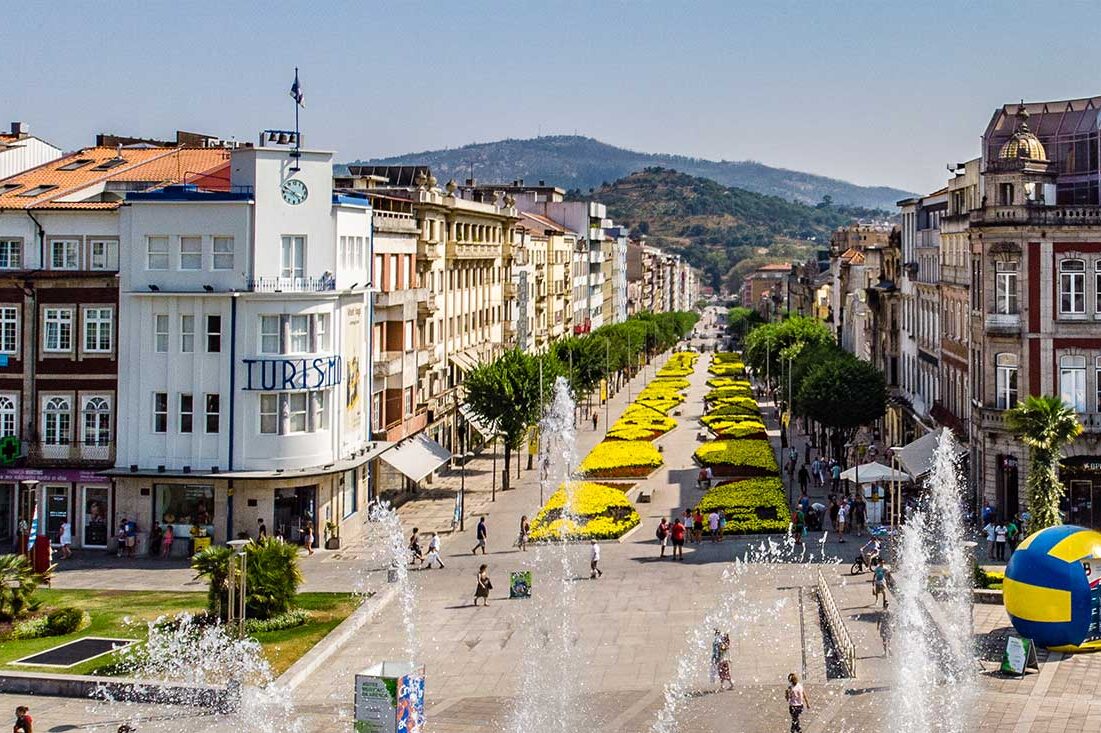
Braga, Portugal
Project: Renaturalization of the Este river – Returning the river to the people
The project’s main objective is to rehabilitate the Este river (Rio Este) and requalify the waterline through the promotion of the riverside ecosystem. The intervention applies nature-based solutions and a strategy to transform the landscape into an important city landmark intended to promote the use of riverside spaces by the population.
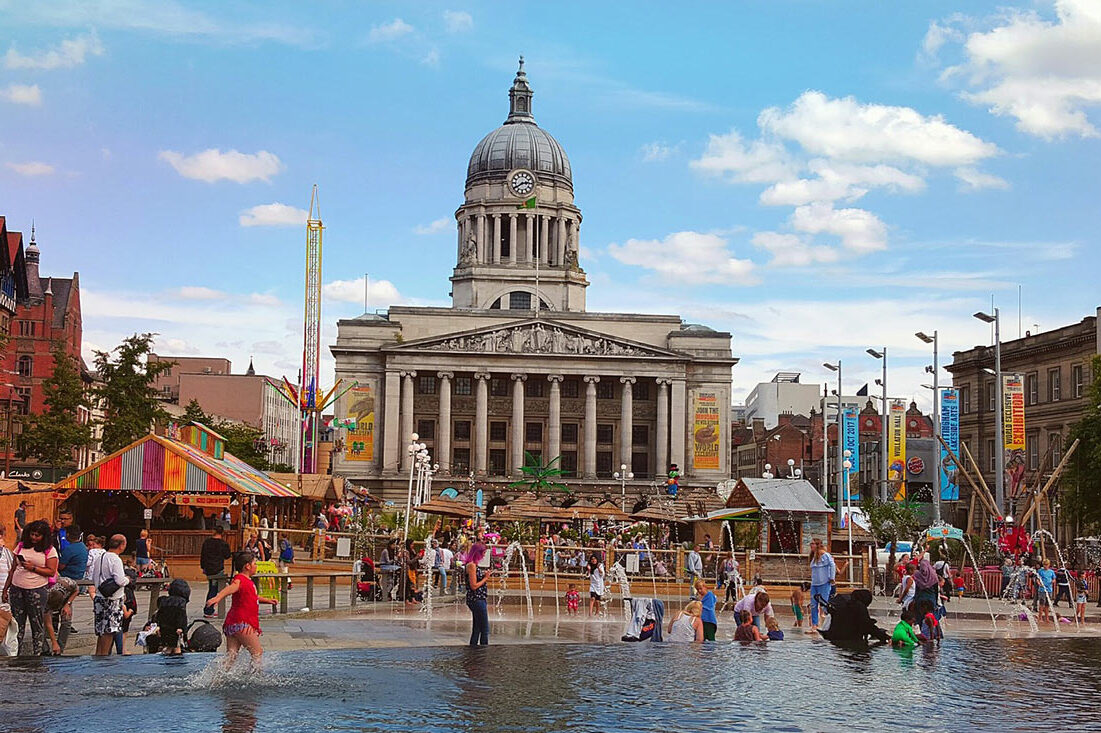
Nottingham, United Kingdom
Project: Carbon Neutral Nottingham 2028
The Nottingham CN28 defines a strategy and key actions for the City to take to accelerate decarbonization and improve quality of life. The Plan is built upon sustainability pillars of biodiversity and natural capital, energy, food, mobility, resource and resilience with wellbeing incorporated into each.
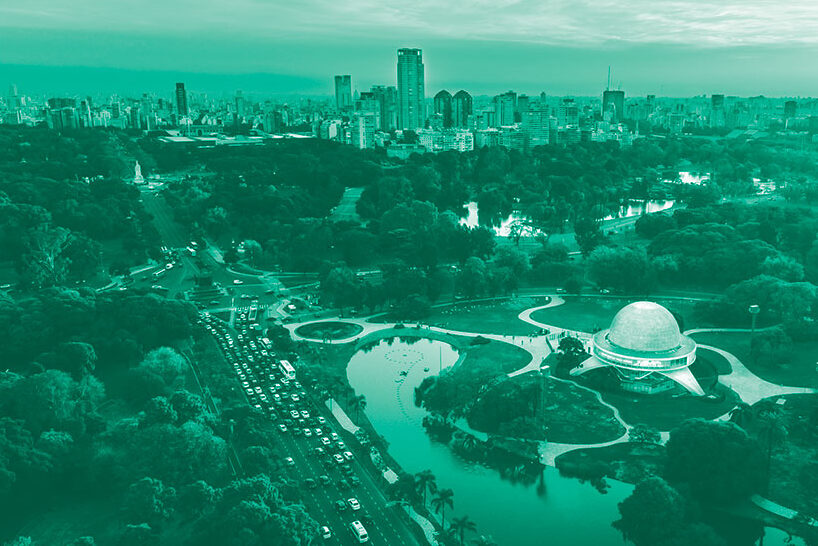
Buenos Aires, Argentina
Project: Cycling Infrastructure
Buenos Aires’ Cycling Infrastructure initiative provides a bold blueprint for reorganizing public space to promote active transportation and reduce reliance on personal vehicles. Over the last decade, the City has added more than 250km of bicycle lanes and converted numerous parking spaces, resulting in an increase of 200,000 daily bicycle trips in the City.
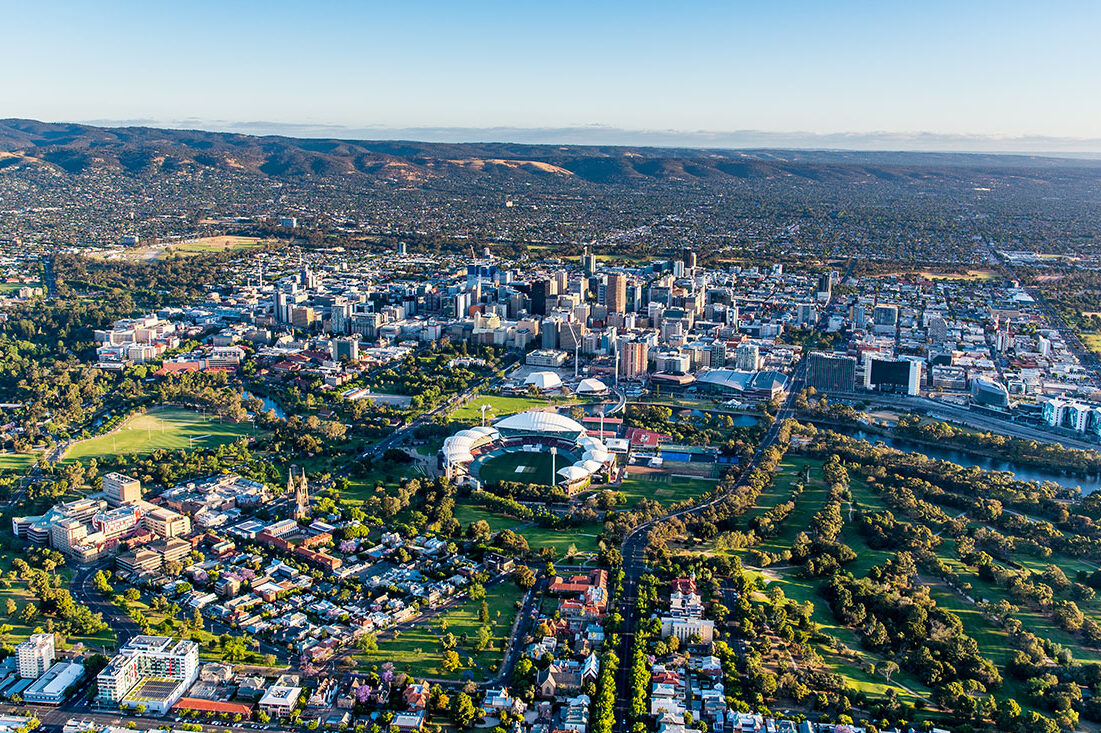
Adelaide, Australia
Project: Feeling Hot, Hot, Hot!
As temperatures reach new highs in Adelaide, the City launched ‘Feeling Hot Hot Hot!’, a campaign to protect the health and wellbeing of the community by preparing them for extreme heat as a result of a changing climate. The campaign included a range of events, Climate Ready Communities training, and community education activities.
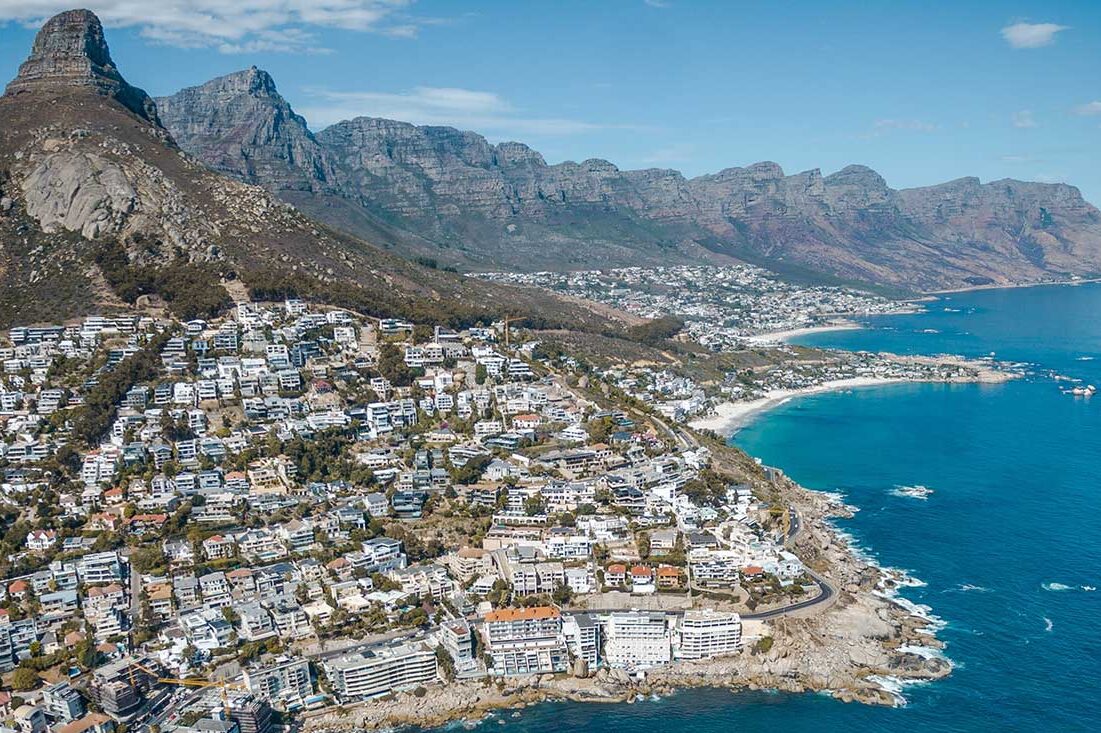
Cape Town, South Africa
Project: LiveWell Program
The LiveWell Program is an ongoing initiative to address non-communicable diseases and their associated behavioral risk factors. It focuses on healthy eating and physical activity, and health education programs. Built on collaboration across sectors, LiveWell aims to educate residents and provide resources that promote healthy choices and lifestyles.
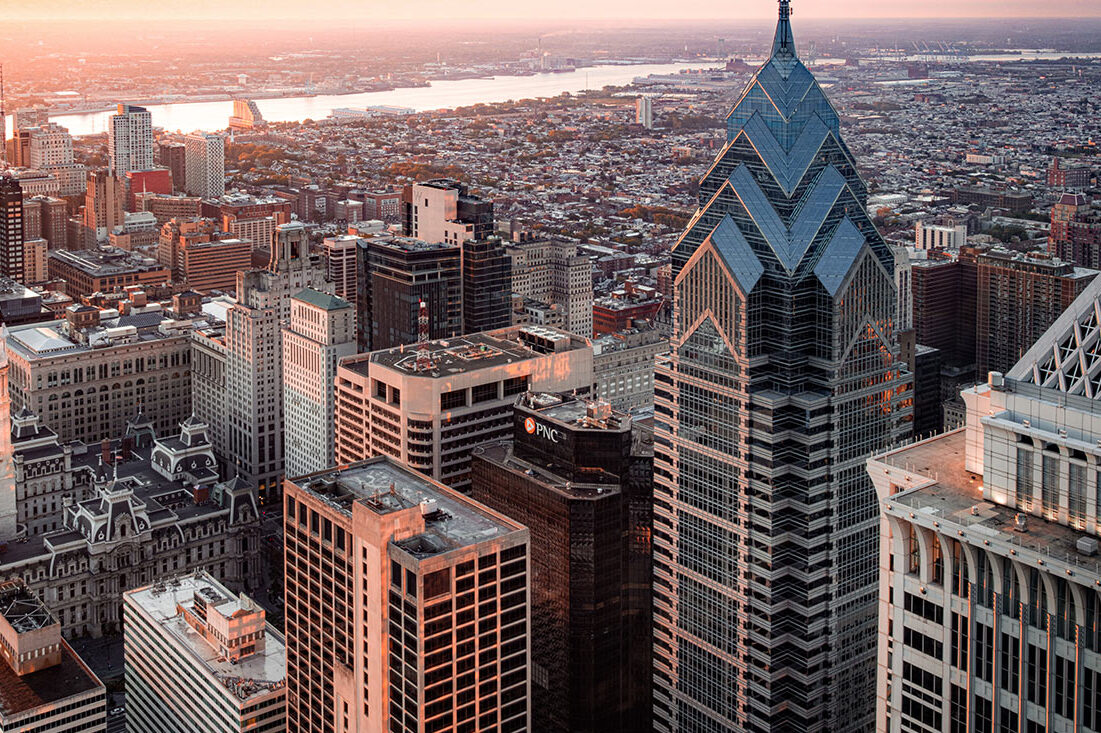
Philadelphia, United States
Project: Addressing Behavioral Health and Housing Challenges
The Addressing Behavioral Health and Housing Challenges initiative helps meet citizens’ most basic needs through a Housing First approach, partnering with the Philadelphia Housing Authority to provide permanent supportive housing options, and offering a master leasing for individuals following release from incarceration.
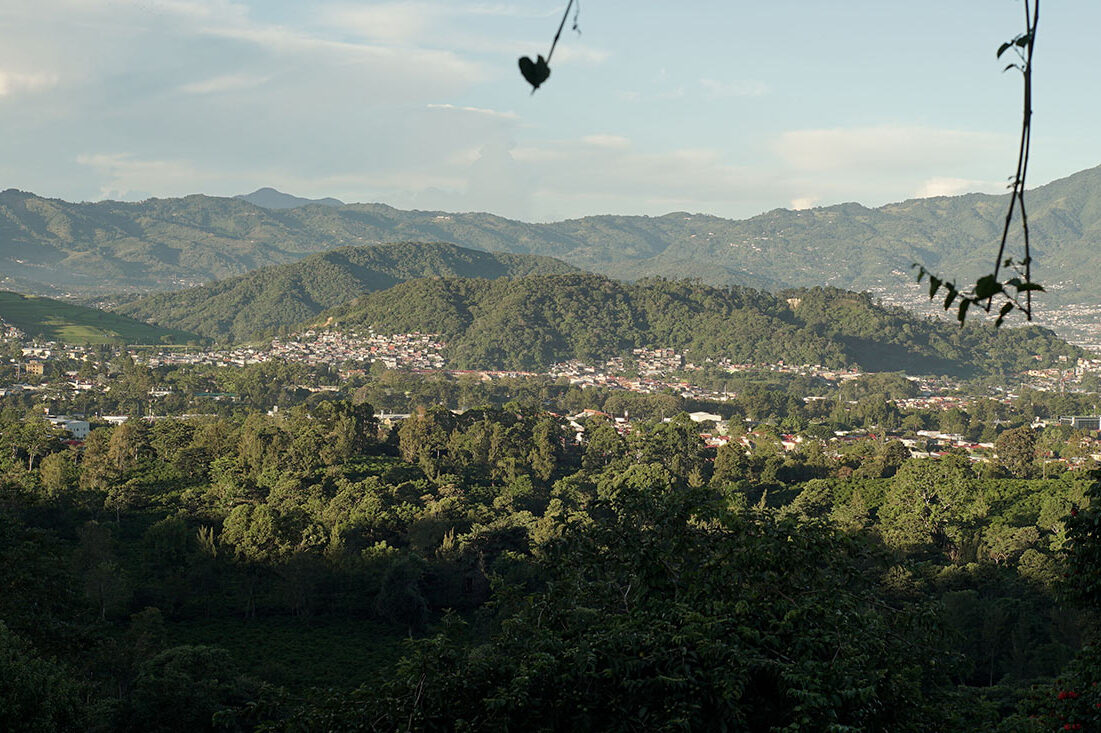
Curridabat, Costa Rica
Project: Sweet City
Curridabat was recognized for a second year for their Sweet City initiative, a holistic, eco-centric approach that puts pollinators at the center of the City’s urban design and wellbeing. Sweet City increases resident contact with biodiversity and raises awareness of the interdependency between human and non-human organisms as part of an ecosystem.
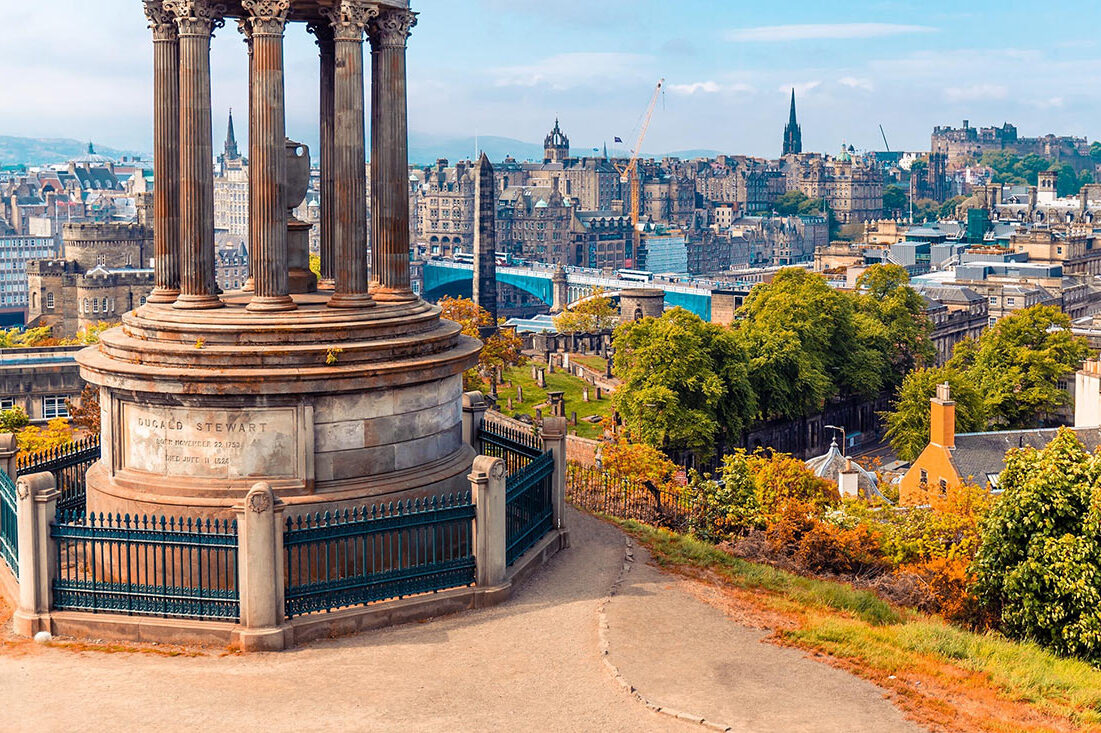
Edinburgh, United Kingdom
Project: Carbon Neutral Edinburgh 2030
Edinburgh’s citywide vision is to be a green, fair, and healthy city that is carbon neutral by 2030. The ambitious and comprehensive strategy offers multi-layered solutions to prevent harmful environmental effects on citizens’ health and wellbeing.
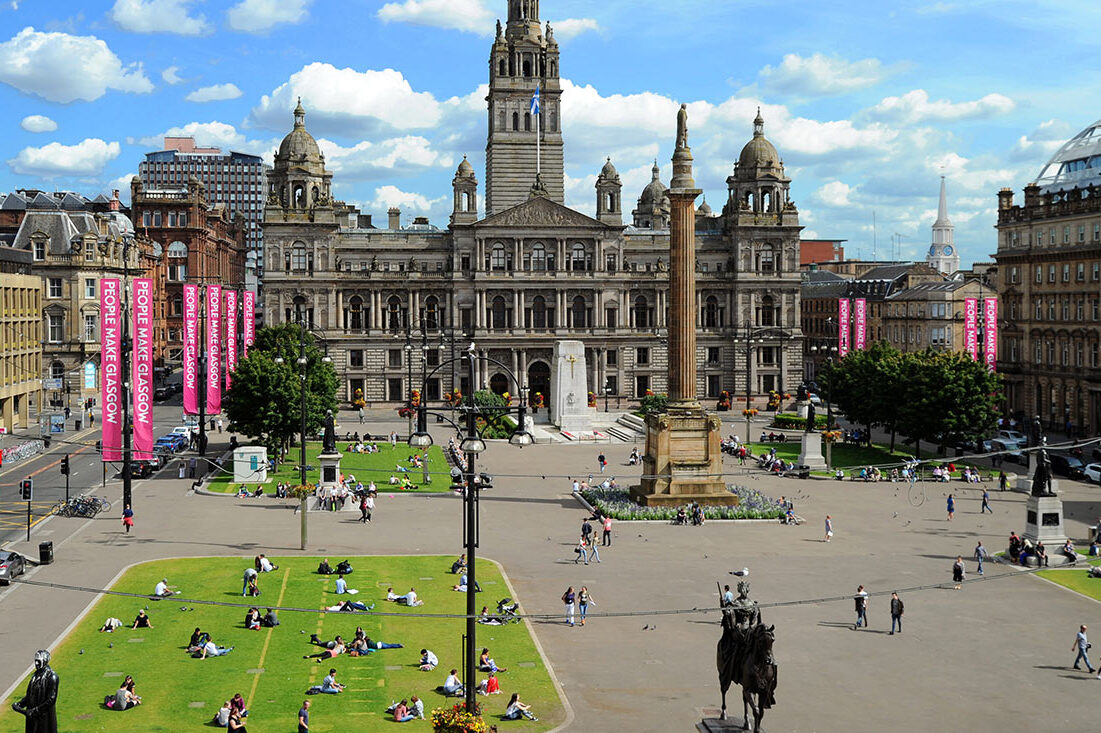
Glasgow, United Kingdom
Project: Thriving Places
Thriving Places works with urban neighborhoods to support their sense of value, involvement, empowerment, and pride. The program is designed to generate momentum through a complexity of wellbeing factors for people to engage and flourish in places experiencing persistent poverty.
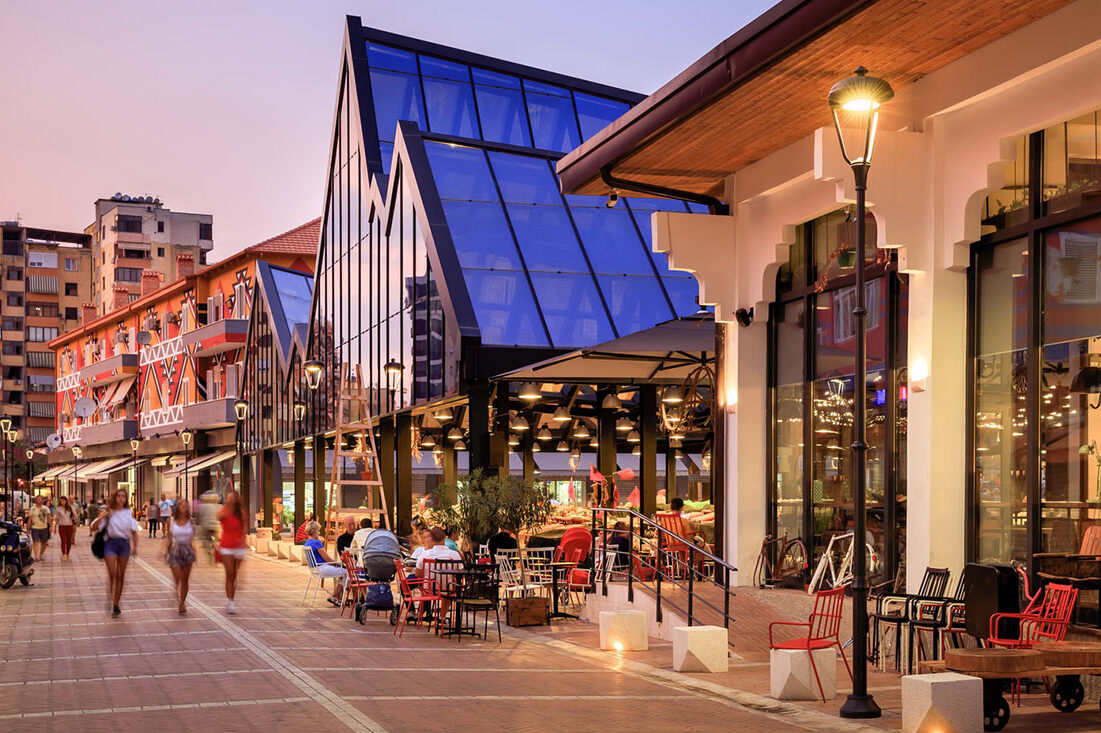
Tirana, Albania
Project: The Green City Action Plan
The Green City vision is to create a resilient and inclusive Tirana for people to enjoy a healthy and high-quality lifestyle. The Green City vision emphasizes inclusivity, public health, gender equity, and community engagement in its actions for smart mobility, green spaces, enriched water quality, energy efficiency, and waste reduction.
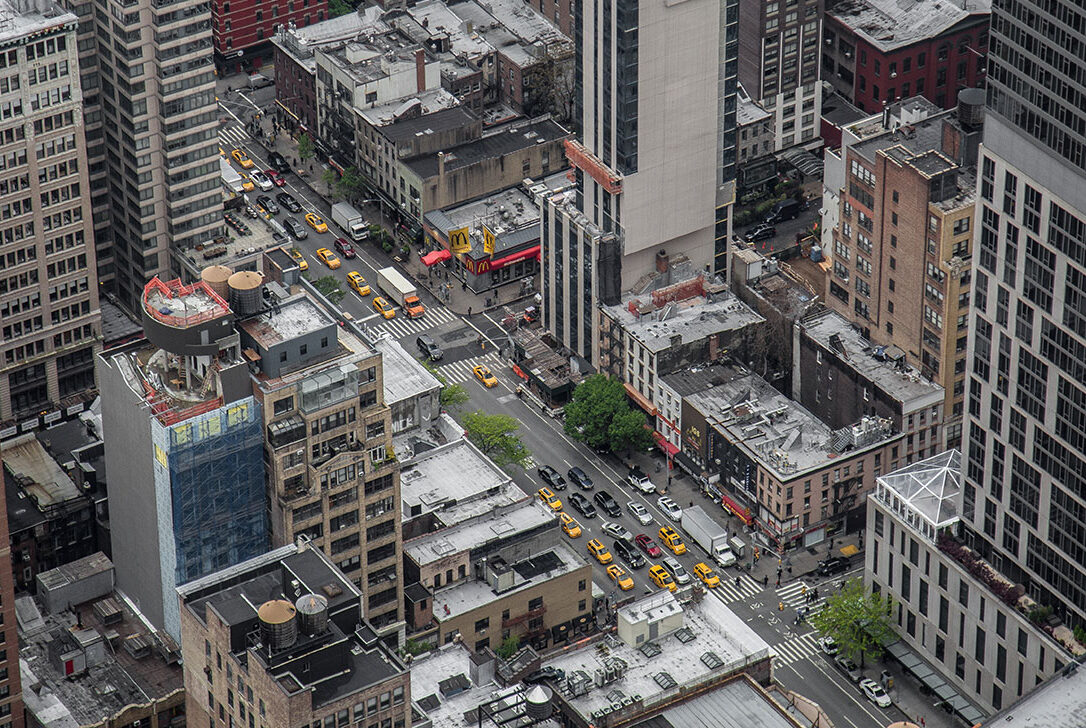
New York City, USA
Project: Connected Communities
Connected Communities seeks to address issues of social isolation, physical and mental health, and safety in public housing communities. The initiative works to reconfigure open, public space to destigmatize public housing, promote social equity, increase accessibility, and empower residents, promoting stewardship and ownership over public space.

Brussels, Belgium
Project: CALICO: Care and Living in Community
CALICO is an intergenerational and socially diverse community-led cohousing project. The project organizes dwellings into clusters based on gender, income, and age to establish community-based models of care and actively involves residents in decision making.
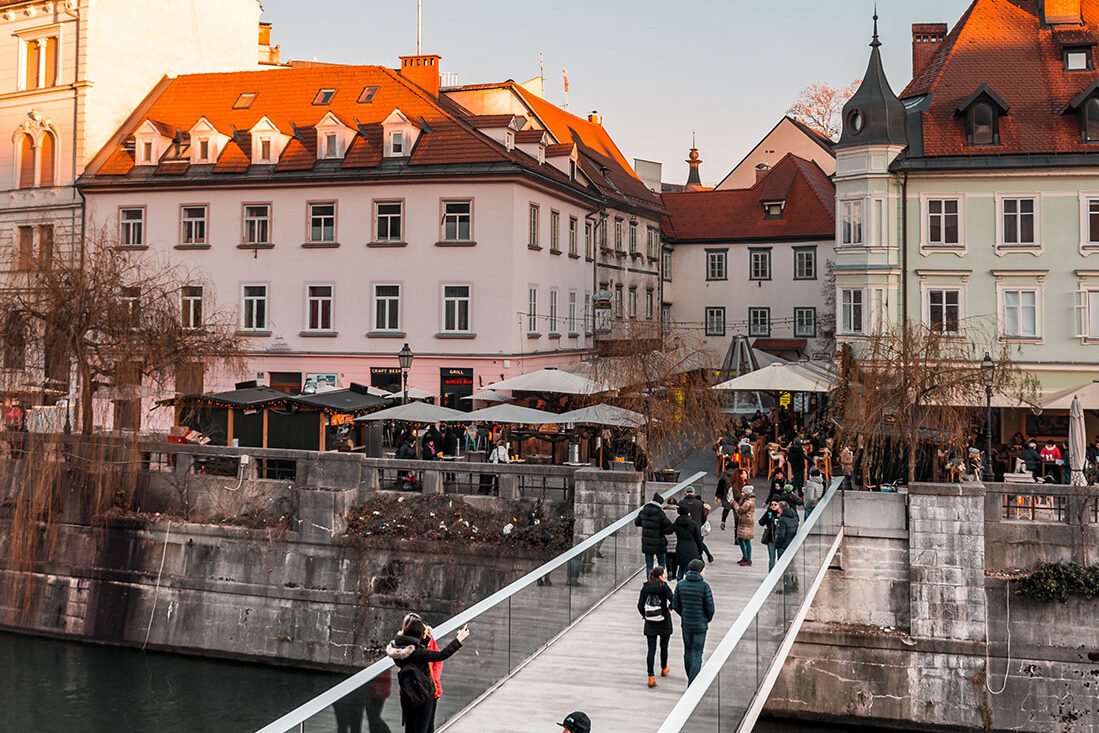
Ljubljana, Slovenia
Project: Youth Mobile Centre
The transformation of an outdated city bus into a mobile youth center creates a much-needed space to support youth in Ljubljana. The initiative is meant to build more inclusive and better-connected neighborhoods within the city and to provide youth, among others, a sense of belonging and a space for social life and creativity
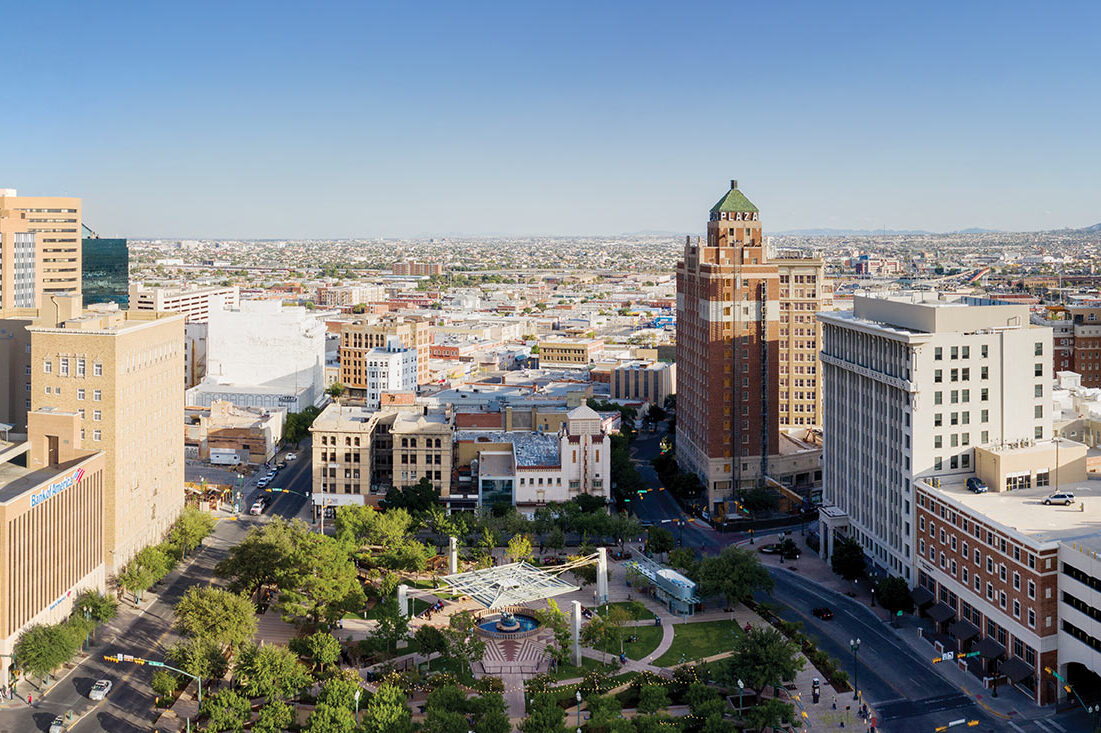
El Paso, United States
Project: Empower El Paso
Empower El Paso seeks to build resident capacity to become community leaders and affect positive change through formal and informal engagement. The initiative provides opportunities for residents to shape policy and inform investment. The initiative is capstoned by the creation of the Center for Civic Empowerment.